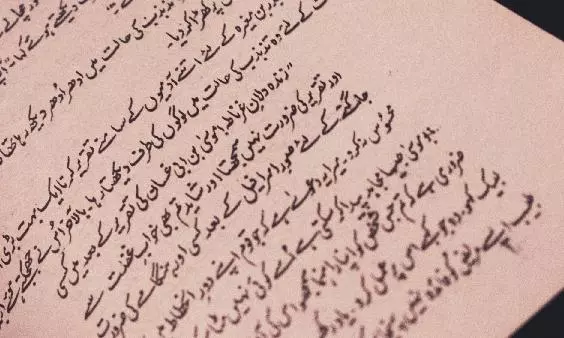
Language does not have any religion: SC rejects plea against Urdu on signboard
text_fieldsLanguage does not belong to any religion but to people and communities, observed the Supreme Court while rejecting a plea that challenged the Bombay High Court's decision allowing Urdu on the signboard of a municipal council office in Maharashtra.
The bench, comprising Justices Sudhanshu Dhulia and K Vinod Chandran, maintained that language belongs to people, communities and regions rather than to any particular religion, and underscored the need to view language as a cultural connector rather than a source of division.
The judgment was delivered in response to a petition filed by a former councillor opposing the presence of Urdu on the signboard of the Patur Municipal Council office in Akola district. The Bombay High Court had earlier held that there was no legal prohibition under the Maharashtra Local Authorities (Official Languages) Act, 2022, against using Urdu alongside the official language, Marathi, on public signage.
The Supreme Court endorsed this view, emphasising that Urdu is an important expression of India's composite culture and civilizational heritage, particularly the Ganga-Jamuni tehzeeb of northern and central India. The court stated that the primary function of language is communication and that it should serve to connect diverse groups rather than divide them along religious lines.
The bench also noted that language must be appreciated as a marker of cultural and civilizational evolution and not merely as a tool of religious identity, and expressed concern that languages like Urdu often face social resistance rooted in misconceptions and prejudice. The judgement called for such biases to be addressed with honesty and courage, and urged a greater embrace of India’s linguistic diversity.
Observing that there was no valid objection if residents in a region were conversant with a particular language, the court ruled that there should be no opposition to the inclusion of Urdu in signboards, as long as it does not replace the official language.























